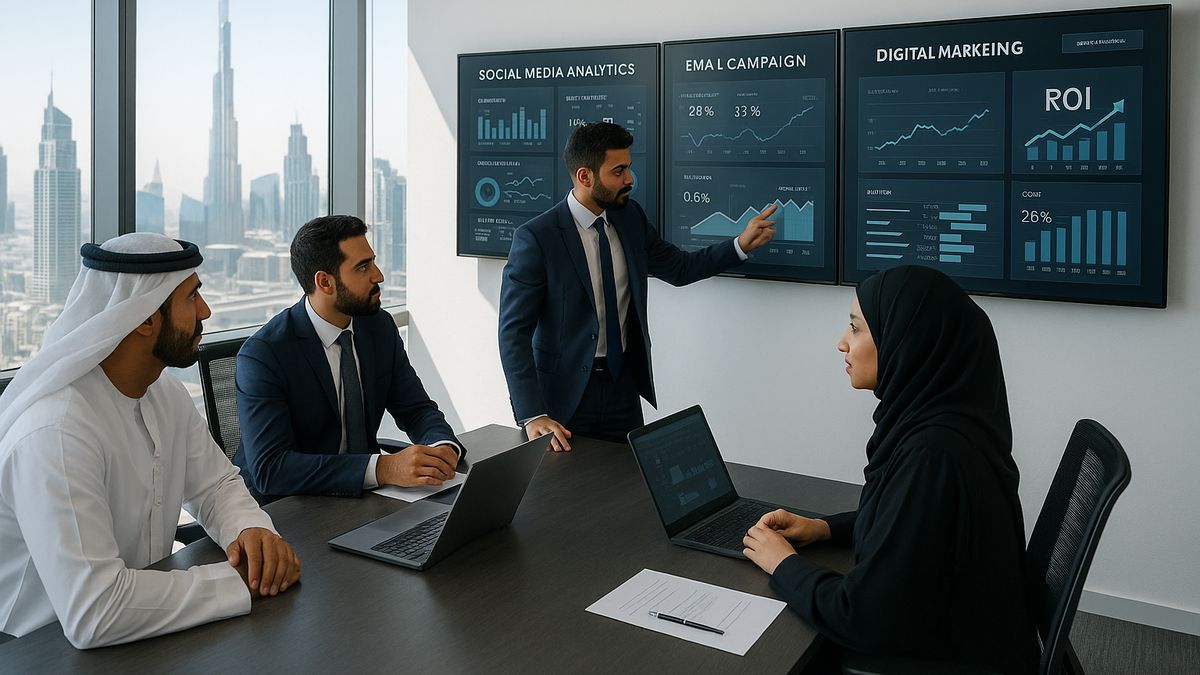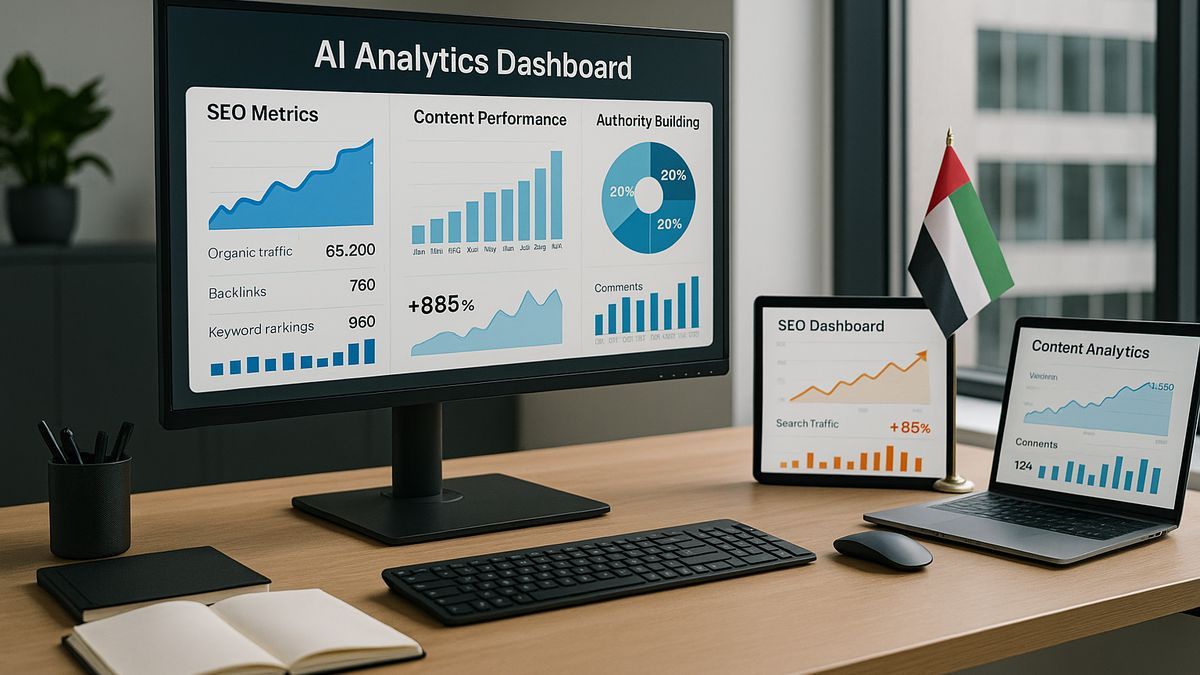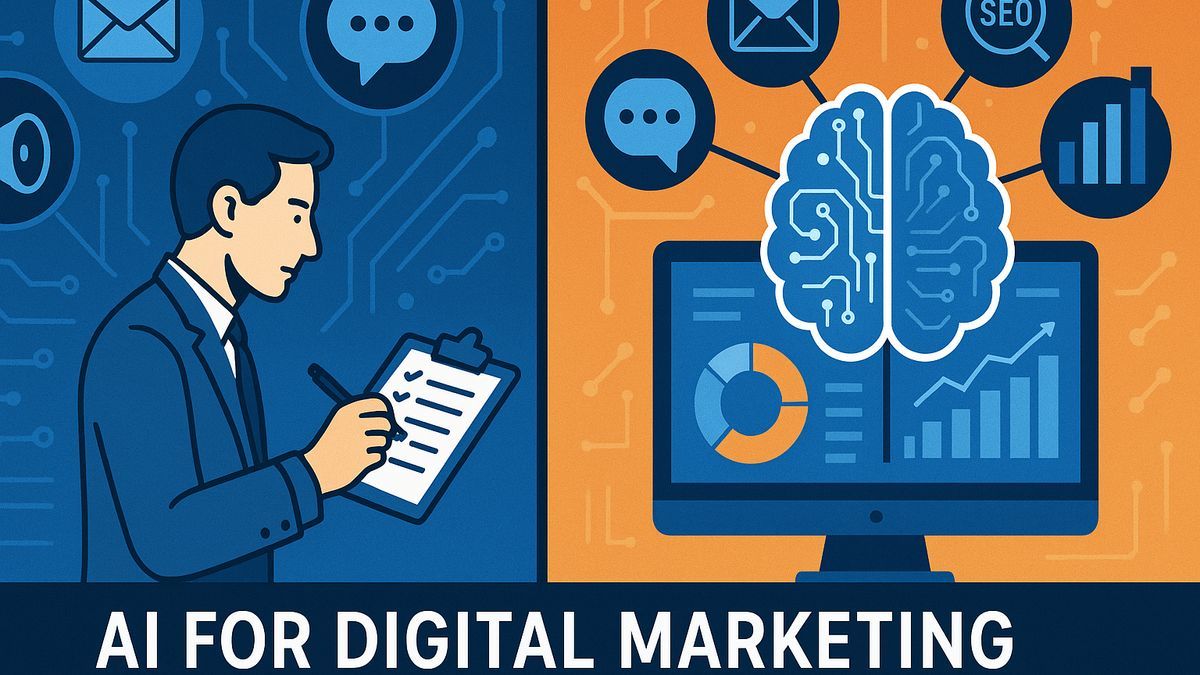AI Marketing Data Analytics: Complete Guide to Grow Your Business. Business growth in 2025 demands more than intuition—it requires intelligent data analysis powered by artificial intelligence. AI marketing data analytics transforms raw business information into actionable strategies that drive revenue, optimise spending, and accelerate growth. Companies implementing AI-powered analytics report 23% higher customer acquisition and 35% better marketing ROI compared to competitors relying on traditional methods.
The convergence of artificial intelligence and marketing analytics isn’t just a trend—it’s the foundation of modern business success. Understanding how to harness AI marketing data analytics separates thriving businesses from those struggling to compete.
What is AI Marketing Data Analytics
AI marketing data analytics combines artificial intelligence technologies with marketing data analysis to automate insights, predict customer behaviour, and optimise campaign performance. Unlike traditional analytics that require manual interpretation, AI systems process massive datasets instantly, identify patterns humans miss, and provide predictive recommendations that drive business decisions.
Modern AI analytics platforms utilise machine learning algorithms to continually learn from your data, thereby improving accuracy over time. These systems analyse customer interactions across websites, social media, email campaigns, and advertising platforms simultaneously, creating comprehensive views of customer journeys and revealing opportunities for growth.
Why AI Marketing Data Analytics Drives Business Growth
Traditional marketing analysis takes days or weeks to generate insights. AI marketing data analytics delivers real-time intelligence, enabling businesses to respond immediately to market changes and customer behaviours. This speed advantage translates directly into competitive positioning and revenue growth.
The numbers demonstrate AI’s impact: Organisations using AI-driven marketing strategies achieve a five to eight times higher ROI on their marketing spend. The global AI marketing market is projected to reach $107.5 billion by 2028, growing from $15.84 billion in 2022. This explosive growth reflects businesses recognising AI analytics as essential rather than optional.
AI eliminates guesswork from marketing decisions. Instead of assumptions about what customers want, AI analyses actual behaviour patterns, purchase history, and engagement data to reveal precise preferences and predict future actions with remarkable accuracy.
Core AI Marketing Data Analytics Capabilities
Predictive Customer Behaviour represents AI’s most powerful capability. Machine learning models analyse historical data to forecast which customers will purchase, when they’ll buy, and what they’ll spend. This foresight enables businesses to allocate resources efficiently, focusing efforts on the highest-probability opportunities rather than wasting budget on unlikely conversions.
Automated Audience Segmentation uses AI to continuously analyse customer attributes and behaviours, creating dynamic segments that update in real-time. Instead of static demographic groups, AI identifies behavioural patterns and creates micro-segments for hyper-personalised marketing. These precise segments convert significantly better than broad demographic targeting.
Real-Time Campaign Optimisation allows AI systems to automatically adjust advertising bids, content variations, and targeting parameters based on performance data. While traditional marketers wait for campaign results to make manual adjustments, AI optimises continuously, maximising results every hour of every campaign.
Churn Prediction and Prevention identifies customers likely to stop purchasing before they actually leave. AI analyses engagement patterns, purchase frequency changes, and support interactions to flag at-risk customers. Early warnings enable proactive retention efforts, saving valuable customer relationships and recurring revenue.
Implementing AI Marketing Data Analytics in Your Business
Start with clear business objectives. Define specific questions AI should answer: Which customers have the highest lifetime value? What marketing channels deliver the best ROI? When should you contact customers for maximum engagement? Clear objectives focus AI implementation on driving actual business results.
Ensure data quality and integration. AI systems require clean, comprehensive data from all customer touchpoints. Connect your website analytics, CRM, email marketing, advertising platforms, and sales data. Centralised data enables AI to see complete customer journeys and generate accurate insights.
Choose appropriate AI analytics platforms matching your business size and technical capabilities. Google Analytics with AI features provides robust free options. Platforms like HubSpot, Salesforce Einstein, and Adobe Sensei offer comprehensive AI marketing suites. Enterprise solutions from IBM Watson and Microsoft Azure cater to larger organisations with complex requirements.
 AI-Powered Personalisation for Growth
AI-Powered Personalisation for Growth
AI marketing data analytics enables mass personalisation at scales impossible for human marketers. AI analyses individual customer preferences, browsing behaviour, purchase history, and engagement patterns to deliver uniquely relevant experiences to each person.
Dynamic content powered by AI changes website experiences, email messaging, product recommendations, and advertising creative based on individual user data. Companies implementing AI personalisation see 10-30% revenue increases from improved conversion rates and higher average order values.
Recommendation engines driven by AI analyse purchase patterns across your entire customer base to suggest products each customer will most likely buy. These intelligent suggestions account for complex factors like seasonality, trending products, and complementary items, dramatically increasing cross-sell and upsell success rates.
Measuring AI Marketing Data Analytics Success
Track specific metrics proving AI’s business impact. Monitor conversion rate improvements, customer acquisition cost reductions, marketing ROI increases, and customer lifetime value growth. Document baseline metrics before implementing AI to measure actual improvements accurately.
Revenue attribution becomes more precise with AI. Multi-touch attribution models powered by machine learning accurately credit each marketing touchpoint’s contribution to conversions, eliminating guesswork from budget allocation decisions.
Overcoming Common AI Analytics Challenges
Data privacy and compliance require careful attention. Implement AI systems respecting regulations like GDPR and CCPA. Transparent data collection and usage builds customer trust while maintaining legal compliance.
Avoid over-reliance on AI without human oversight. AI provides recommendations, but humans must interpret context, consider brand values, and make final strategic decisions. The most successful approaches combine AI’s analytical power with human creativity and judgment.
Start small and scale systematically. Begin with one AI application—perhaps predictive lead scoring or automated email optimisation. Master that capability before expanding to additional AI-powered analytics functions.
Your AI Marketing Data Analytics Action Plan
AI marketing data analytics isn’t future technology—it’s today’s competitive requirement. Businesses implementing AI analytics now position themselves for sustained growth while competitors relying on traditional methods fall behind.
The data exists in your business systems. The AI technology is accessible and affordable. The question isn’t whether to adopt AI marketing data analytics—it’s how quickly you’ll implement it to accelerate your business growth before competitors capture your market share.
Companies embracing AI-powered marketing analytics today achieve measurable advantages: faster decision-making, more efficient spending, better customer experiences, and ultimately, superior business growth in an increasingly data-driven marketplace.

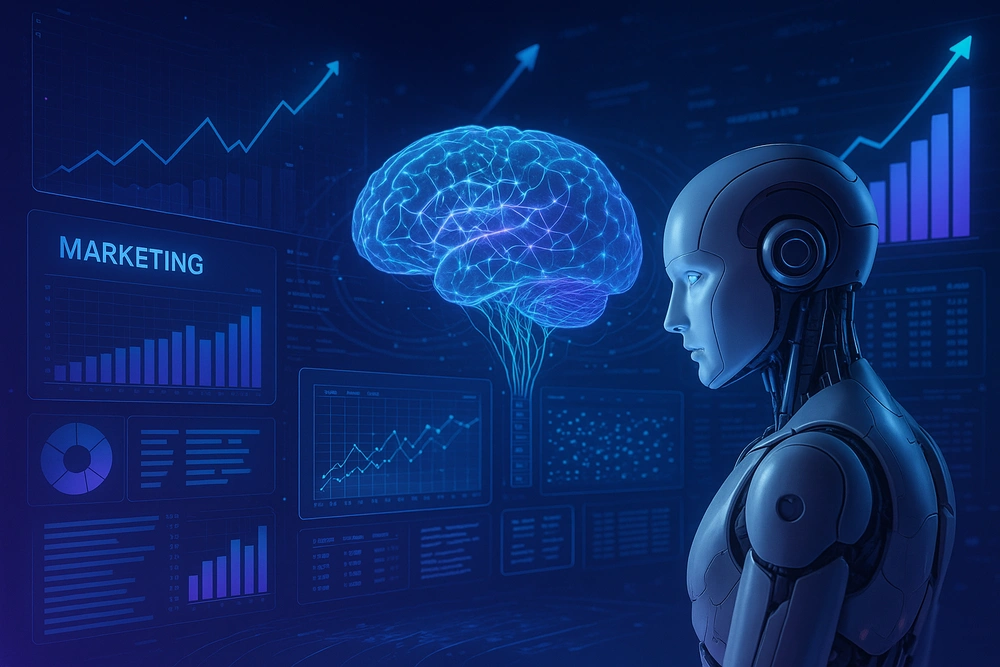
 AI-Powered Personalisation for Growth
AI-Powered Personalisation for Growth
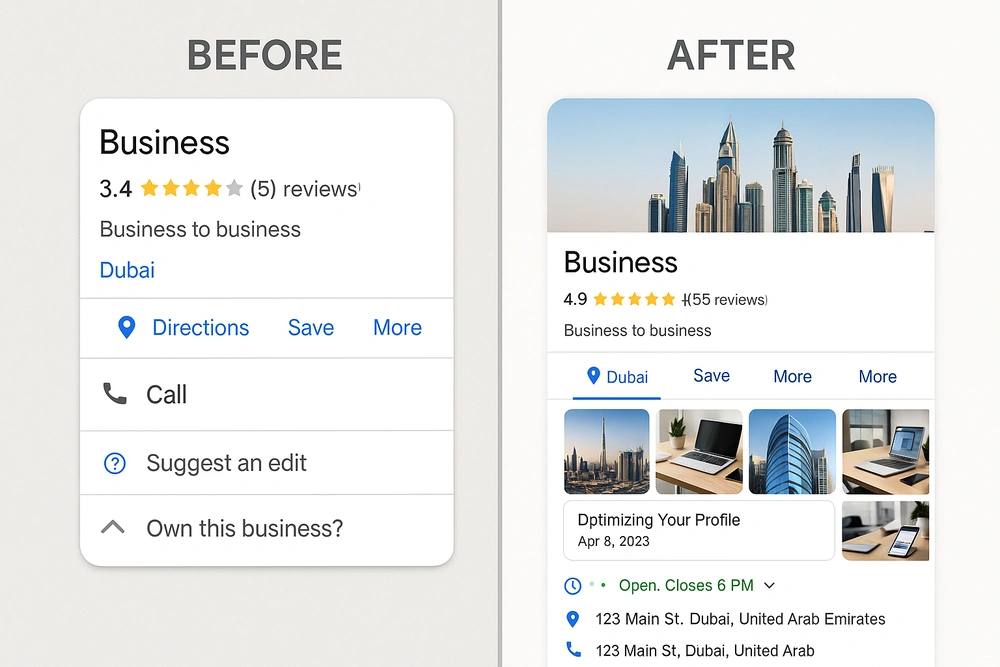 Create Location-Specific Pages
Create Location-Specific Pages
 7. Data Analytics and Performance Tracking
7. Data Analytics and Performance Tracking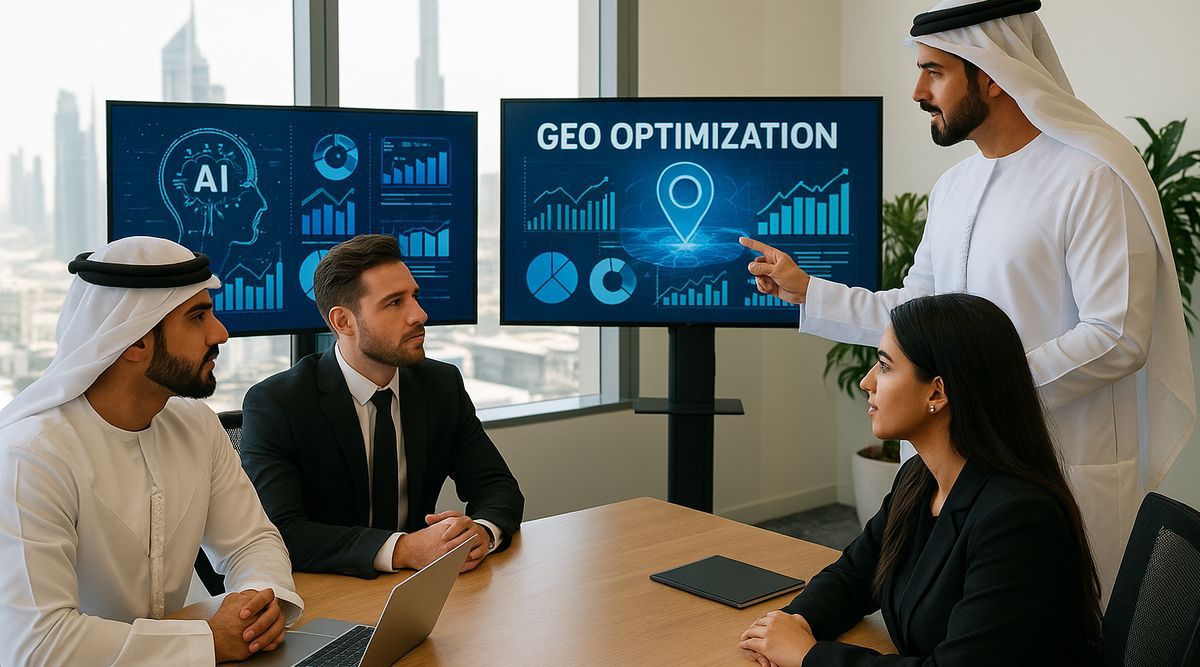
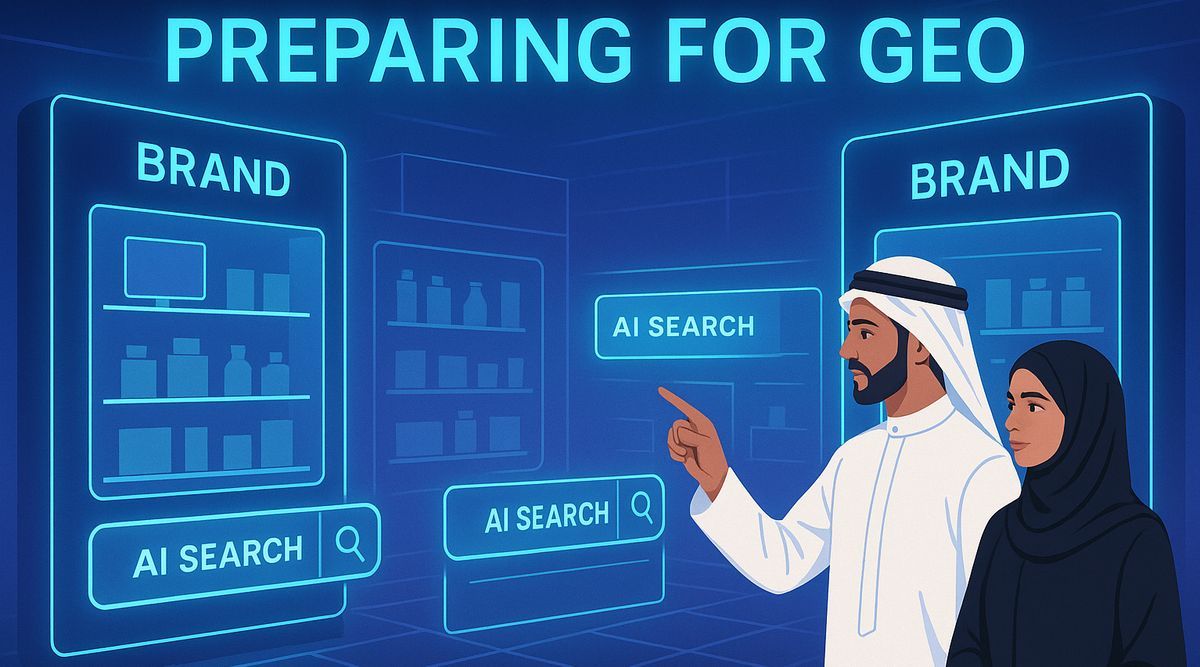 The Technical Side of Preparing for GEO
The Technical Side of Preparing for GEO